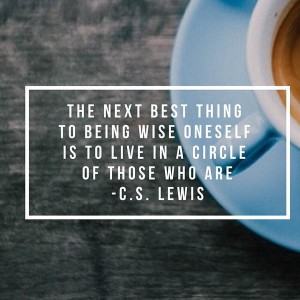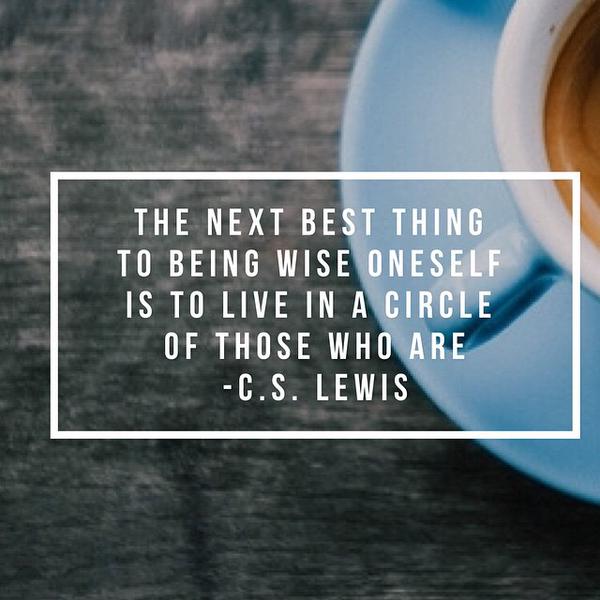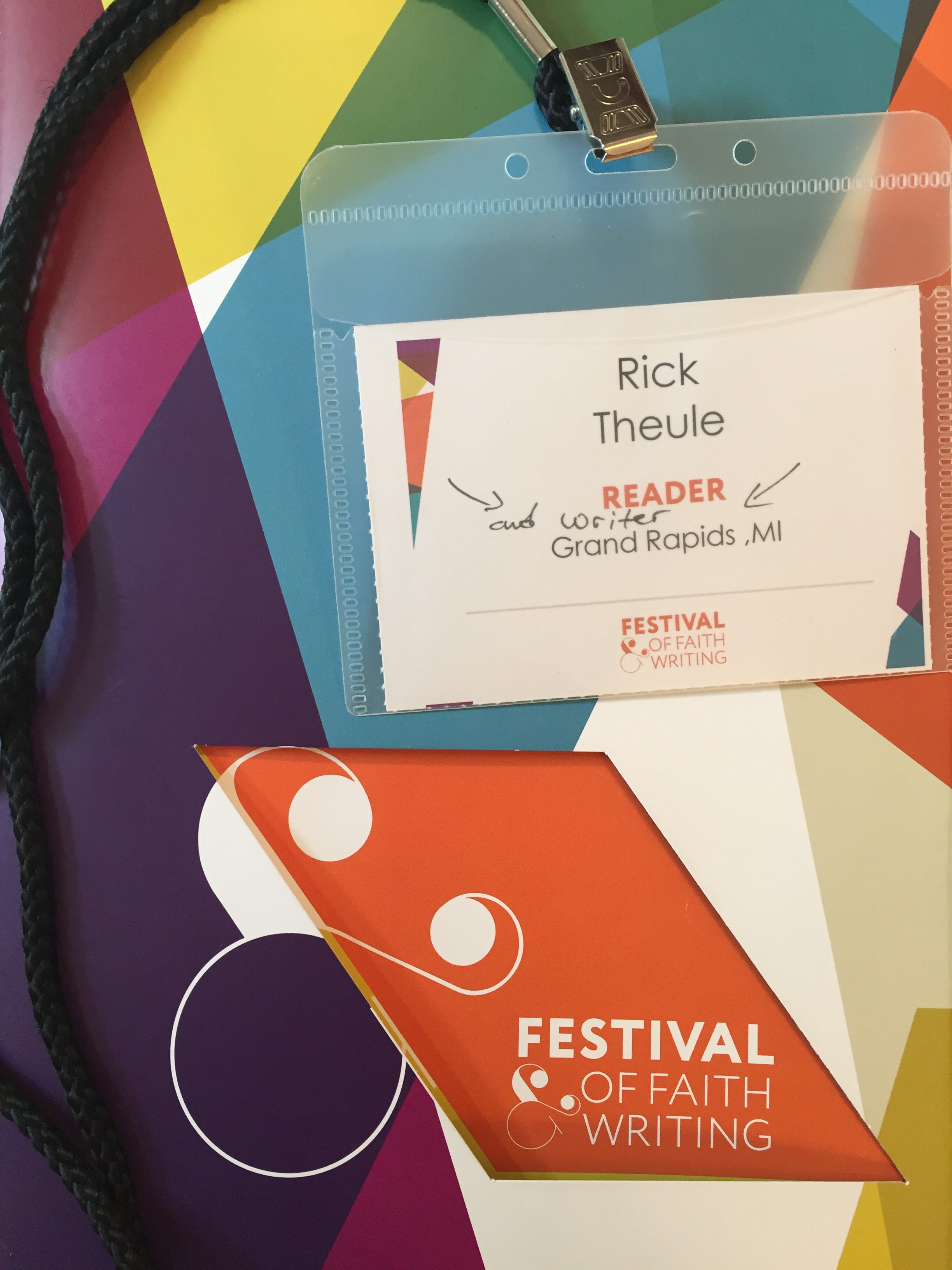I was challenged a couple of weeks ago to not discuss friendship in the abstract or generically, but to “get into the personal particulars” of true friendship.
Diving deep into friendship can be tough. But let’s do it anyway.
In discussing true intimate friendship, a couple of great examples come immediately to mind. The first being the Apostle Paul and his relationship with Timothy. The second being The Inklings (C.S. Lewis, J.R.R. Tolkien, Owen Barfield, Charles Williams).

photo credit: Alli Worthington
The word “intimate” is so often attached to a sexual relationship today. I believe it skews our thinking of how deep a relationship can be with the sexual aspect being included.
Here are a couple of definitions from Merriam Webster online.
NOUN
:a very close friend or confidant : an intimate friend
ADJECTIVE
:having a very close relationship : very warm and friendly : very personal or private : involving sex or sexual relations
As you can see, sex and sexual relations are only a very small part of the definition. I personally love the idea of “confidant” as it relates to an intimate friendship.
The Inklings were certainly confidants of each other. Four men meeting frequently to discuss their ideas and writings. I think most importantly to discuss the ideas and writings they were working on. It is difficult for a writer to share the inner workings of creating a book. Writing is very personal. It comes from the depths of the soul. I believe this is even more valid for fiction writers. Can you imagine the discussion about the worlds created by Tolkien? To share those ideas and help one another flesh out grand ideas, takes true intimacy and trust.
A great resource to learn more about the deep, intimate, relationship of these men, is an incredible blog written by Jamie Lapeyrolerie called Book and Beverages. Jamie has curated a great series on The Inklings.
The other intimate relationship I mention, of Paul and Timothy, can be discussed at length too.
Timothy was Paul’s right hand man. If Paul needed something done, something attended to, Timothy was there for him.
Timothy was such an integral part of Paul’s life at the end, that he essentially called him a son.
Paul wrote two letters to Timothy that became part of the modern-day Bible. That’s how important their relationship was to the kingdom of God. Their intimate relationship was used to spread the Gospel story around the world, then and now.
Paul was in and out of prison during their relationship. In fact, the 2nd letter to Timothy was written from prison.
Paul trusted Timothy to work in the growing population of Christians as his personal mouthpiece. Paul could not travel freely, so he sent Timothy.
How much do you trust your intimate friends? Paul trusted his intimate friend to share the most important message in the history of the world. That’s next level trust.
Do you have anyone this intimate in your life?
Is it possible to have this level of intimacy in our modern-day lives?
Is there anything holding us back from creating these deep levels of intimacy?
I’m currently trying to develop these kinds of relationship with a few people. It isn’t easy. Hard work is involved. But I believe it is worth it.





